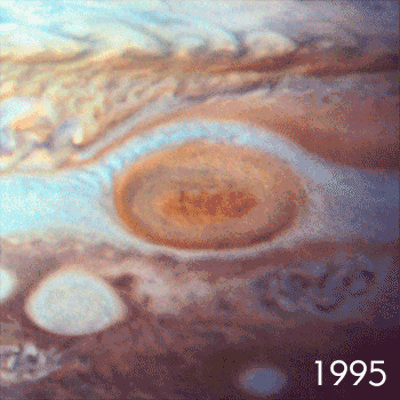Today (October 25, 1789) is the birthday of Samuel Heinrich Schwabe, who discovered a sunspot between the Sun and Mercury.
Samuel Heinrich Schwabe was born on October 25, 1789, in Desao, Germany. He was originally a theologian and later turned his attention to astronomy. In 1826 he looked at the sun's black spots. He attempted to find a hypothetical planet called Vulcan between the Sun and the planet Mercury. He considered it rare to look at it because it was so close to the sun. However, he continued his research, believing that it would appear as a black spot when it passed in front of the sun. He was able to record its black dots towards the sun every day for 17 years from 1826 to 1843. Although he did not see Vulcan, he discovered the Sun's black dot interest and published his findings in the dissertation "Solar Observations during 1843". In which he proposed that these black dots would reach great heights in 10 years.

No one noticed this study at
first. However, Urudolph Wolf, then director of the Bern Observatory, went into
great depth to systematically and systematically study solar black spots. Suu
Kyi's views were later used in the third volume of his book The Universe
(Kosmos) by Alexander von Ambold in 1851. The oscillations and timing of
sunspots are now known precisely. So Schwabe became the owner of a rare
discovery in astronomy. In 1857 he was awarded the Gold Medal of the State
Astronomical Society. Samuel Heinrich Schwabe, who discovered a solar eclipse
between the Sun and Mercury, died on April 11, 1875, at the age of 85 in
Germany.
Source By: Wikipedia
Information: Ramesh, Assistant
Professor of Physics, Nehru Memorial College, Puthanampatti, Trichy.





.png)
.jpg)
No comments:
Post a Comment